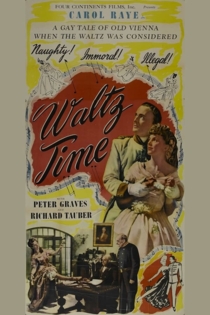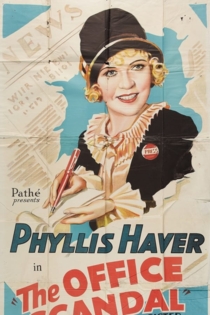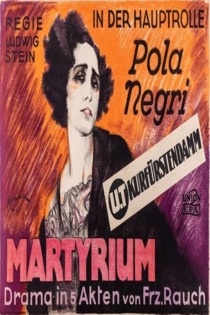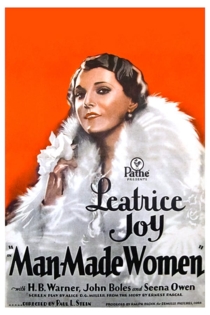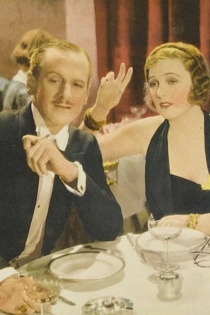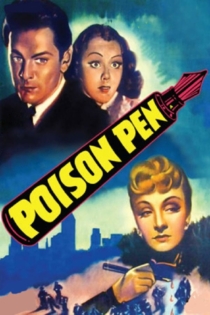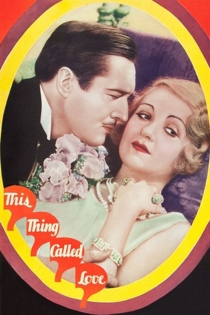
Paul L. Stein
1892 - 1951Paul Ludwig Stein (4 February 1892 – 2 May 1951) was an Austrian-born film director with 67 films to his credit. Stein began his career in Berlin in 1918 and worked exclusively in the German silent film industry until 1926, when he first went to Hollywood, and spent the next five years commuting between Germany and the U.S., where he worked with stars such as Jeanette MacDonald, Lillian Gish and Constance Bennett.
In 1931, Stein relocated to England after gaining a contract with British International Pictures, where he was assigned a number of big-name prestige productions, including some of the popular operetta films of the mid-1930s. These included Blossom Time and Heart's Desire starring his boyhood friend Richard Tauber, who also made cameo appearances in two of his post-war films Waltz Time and Lisbon Story. For most his career, Stein's credits tended to be films primarily aimed at female audiences, although later he also directed crime and spy thrillers. Stein remained in England for the rest of his life and career, becoming a British citizen in 1938.
The Forbidden Woman
Paul L. Stein
Jetta Goudal, Victor Varconi
A colonel of the French army in North Africa believes his brother, a sensitive musician, to be in love with the colonel's wife and so arranges for his brother to be drafted into the colonel's own corps. Unknown to either is the fact that the colonel's wife is actually an Arab spy.
The Forbidden Woman
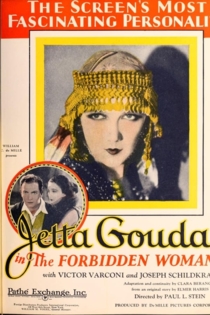
Der Film im Film
Friedrich Porges
Ernst Deutsch, E.A. Dupont
The only surviving excerpt of a documentary on film production in Weimar Germany, featuring the different personalities of several famous directors of the era at work on the set including Fritz Lang, Robert Wiene, and E.A. Dupont.
The Film in the Film
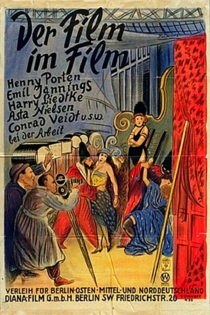
A Woman Commands
Paul L. Stein
Pola Negri, Roland Young
In order to keep his lover, Maria Draga, in luxury, Captain Alex Pastitsch contracts huge debts which threaten his military career. To save Alex's career, his superior officer, Colonel Strádimirovitsch has an idea of how to fix it.
A Woman Commands
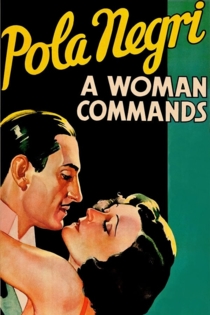
Waltz Time
Paul L. Stein
Carol Raye, Peter Graves
Waltz Time is a 1945 British musical film directed by Paul L. Stein and starring Carol Raye, Peter Graves and Patricia Medina. In Imperial Vienna a young Grand Duchess is prevented from marrying the man she loves.
Waltz Time
